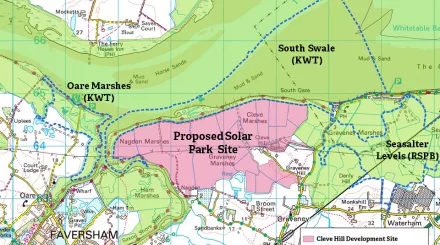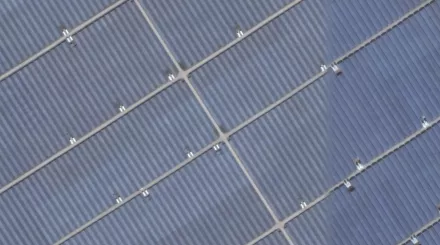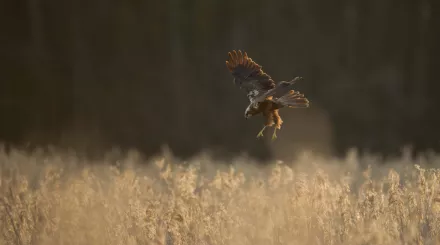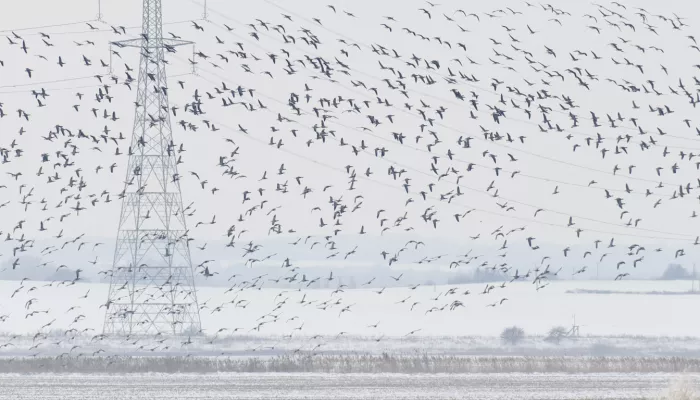What is it?
Cleve Hill Solar Park was granted consent by the Secretary of State for Business, Energy and Industrial Strategy on the 28th May. The development will consist 800,000 of solar panels covering an area of approximately 360 hectares (890 acres) of former grazing marsh, now farmland.

Where is it?

How is it different from other solar parks?
Why did we oppose the application?
Kent Wildlife Trust is not opposed to solar parks, and is supportive of initiatives to reduce reliance on fossil fuels - but this must not be at the expense of other aspects of the natural environment. As with many development issues, it is as much about ‘where’ as ‘what’ and in this case the development site is ‘functionally linked’ to the surrounding habitats, and plays a vital role in supporting the species for which the area has been designated. In particular, significant numbers of Brent geese, lapwings and golden plovers use the farmland. Marsh harrier breed and feed in the area, and may be displaced by the presence of the solar panels.
When Graveney Marshes was drained to create the arable land we see there now, a gap in the ecological network was created, and this farmland is one of the only undesignated coastal areas between Whitstable and the Medway Towns. The development site provides the biggest and best opportunity to undo some of the damage done over the past decades, by returning the land to the grazing marsh, saltmarsh and mudflat we have lost, for a #WilderKent and a #WilderFuture, for the benefit of wildlife and people.

©Andrew Parkinson/2020VISION
How did we engage in the planning process?
Kent Wildlife Trust engaged fully in the examination process to try to get the best possible outcome for wildlife, attending hearings and submitting written representations, and some of our detailed responses can be downloaded below. Whilst we are disappointed that this scheme will be going ahead, there is a silver lining in that we secured larger buffers to the ditches, more mitigation land and better management. These achievements mean that the consented development is a marked improvement from the initial application, and some species may even be better off.
Throughout the process we spoke to local people and other campaign groups who have been representing issues like landscape and heritage, such as Graveney Rural Environment Action Team, the Campaign to Protect Rural England, the Faversham Society and the local MP, to best coordinate our efforts.
What can we do now?
Following the public announcement that there are no legal grounds to challenge the decision to consent the solar park we must now turn our attention to ensuring that the developer complies with the Development Consent Order and that the scheme maximises benefits for wildlife. To achieve this we are committed to providing technical advice to Swale Borough Council and will continue to work closely with other campaign groups.

